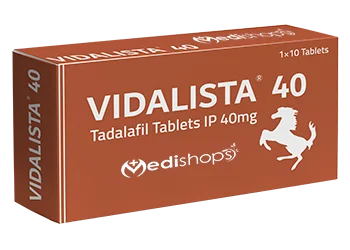Pregnancy is a time of significant nutritional consideration, not just for the mother’s health but also for the developing baby. Among the myriad of vitamins and nutrients that take center stage during this crucial period, DHA (docosahexaenoic acid) emerges as a key player. Understanding the importance of DHA in pregnancy can help ensure both mother and baby thrive throughout this journey and beyond.
Introduction to DHA and Its Importance During Pregnancy
DHA is a type of omega-3 fatty acid, primarily found in fish oil, that plays a critical role in developing the brain and retina. The demand for DHA increases significantly during pregnancy as it supports fetal brain growth and eye development. It’s also believed to contribute to the gestational length and may help reduce the risk of preterm births.
Recommended DHA Intake for Pregnant Women
Health experts recommend that pregnant women consume at least 200-300 mg of DHA daily. Extensive research indicates that adequate DHA levels can positively affect the pregnancy outcome and the developmental milestones of the child.
The Benefits of DHA for Both Mother and Baby
DHA benefits babies from in-utero development to postnatal growth. It’s associated with improved cognitive outcomes, better vision, and stronger immune health. Mothers aren’t left out; adequate DHA intake can lower the risk of postpartum depression and may improve mood regulation due to its anti-inflammatory properties.
Sources of DHA in Diet and the Role of Supplements
The most bioavailable source of DHA is fatty fish such as salmon, mackerel, and sardines. However, due to concerns about mercury content in fish, many pregnant women might opt for fish oil supplements as a safer alternative. Vegetarian sources, including algae-based supplements, are viable for plant-based diets.
How to Ensure You’re Getting Enough DHA
Incorporating DHA-rich foods into your diet is the first step. Supplements can fill the gap for those who find it challenging to meet their DHA needs through diet alone. It’s essential to choose high-quality, mercury-free supplements designed specifically for pregnancy. Always consult with a healthcare provider before starting any supplementation.
Common Questions and Misconceptions About DHA
One common misconception is that all fats should be avoided during pregnancy. However, omega-3 fatty acids like DHA are beneficial and necessary for fetal development. Another question often revolves around the safety of fish and supplements. Opting for low-mercury fish and reputable supplement brands can mitigate these concerns.
Before we conclude, it’s essential to address the best health drink for ladies in India. While there’s no one-size-fits-all answer, drinks enriched with DHA and other important nutrients can benefit a balanced diet during pregnancy. Look for options that cater specifically to prenatal nutrition and are free from harmful additives.
Conclusion: The Vital Role of DHA in Prenatal Health
The significance of DHA for pregnancy cannot be overstated. Ensuring adequate intake of this essential nutrient supports optimal brain and eye development in the fetus and offers health benefits for the mother. If necessary, incorporating DHA-rich foods into your diet and considering supplements can support your health and your baby’s developmental foundation. Always discuss any dietary changes or supplementation with your healthcare provider to tailor a suitable plan.




